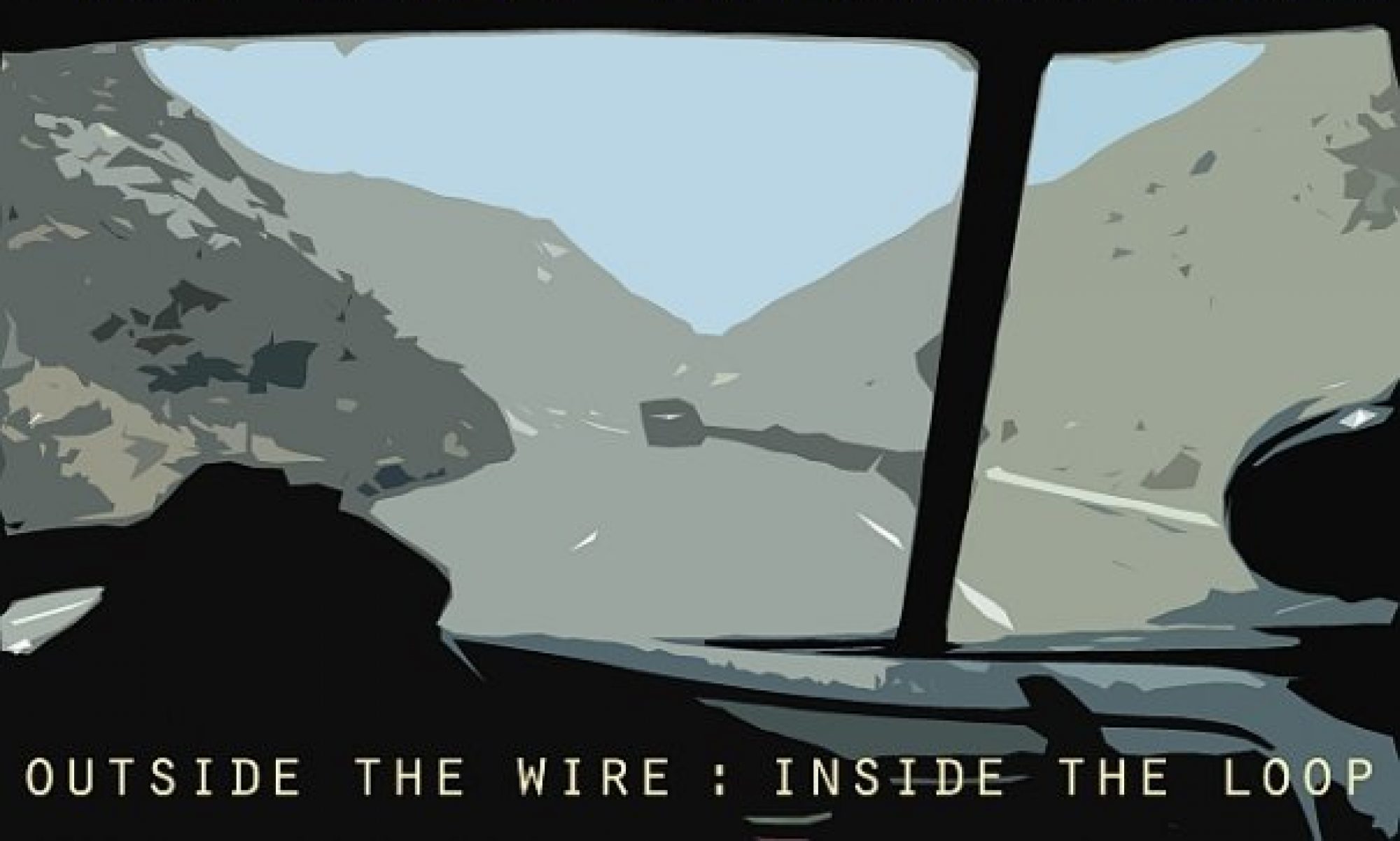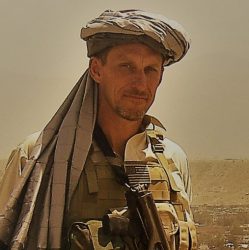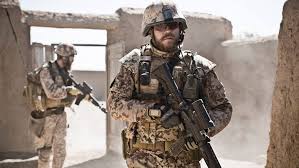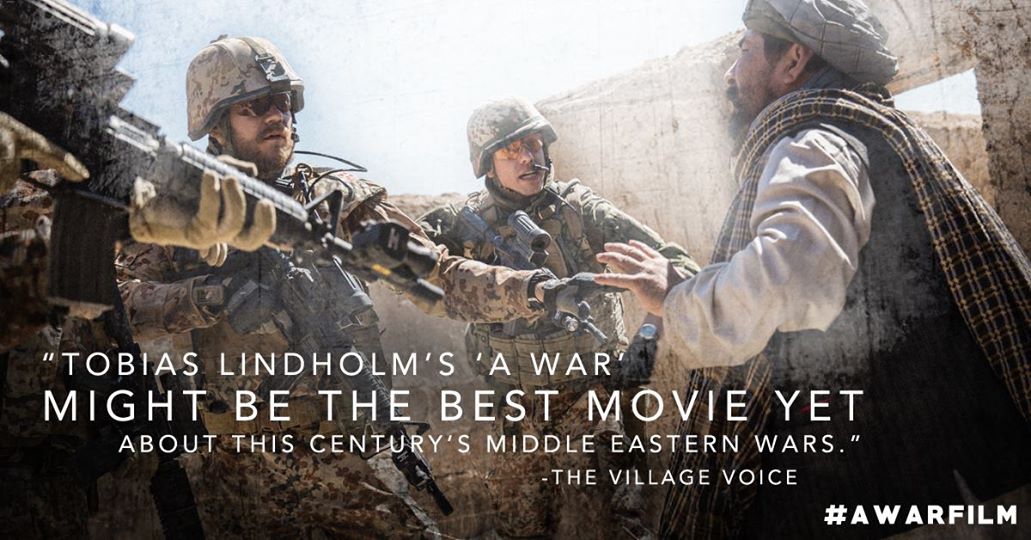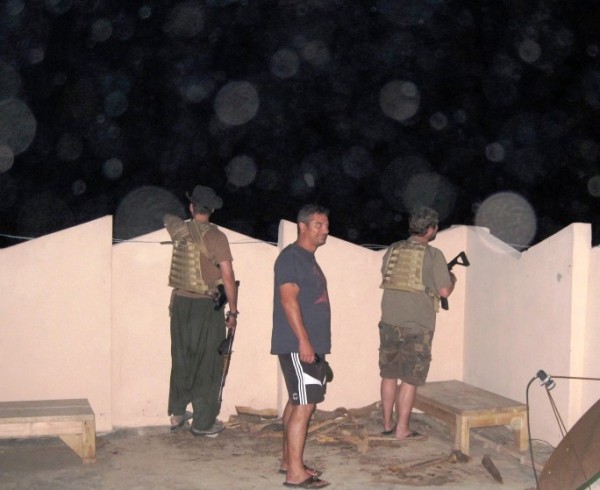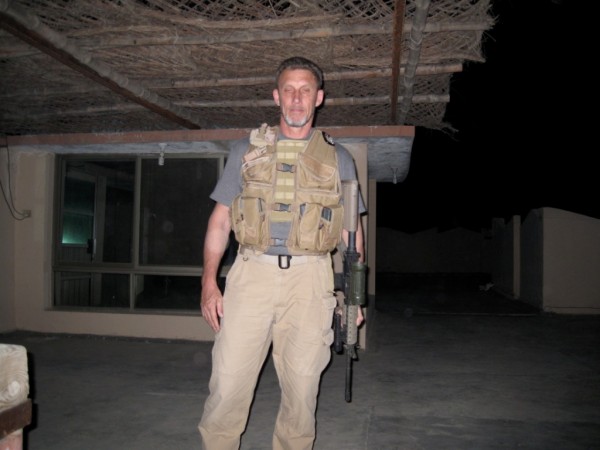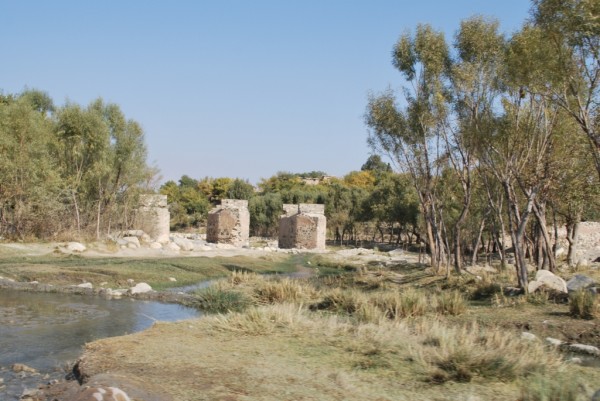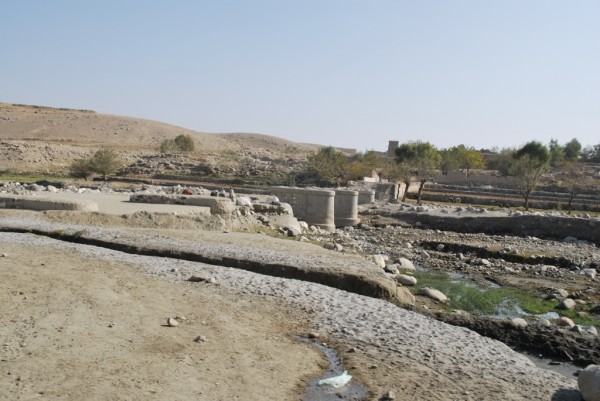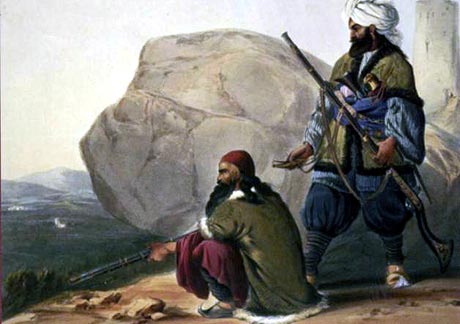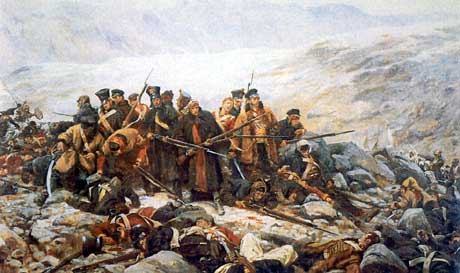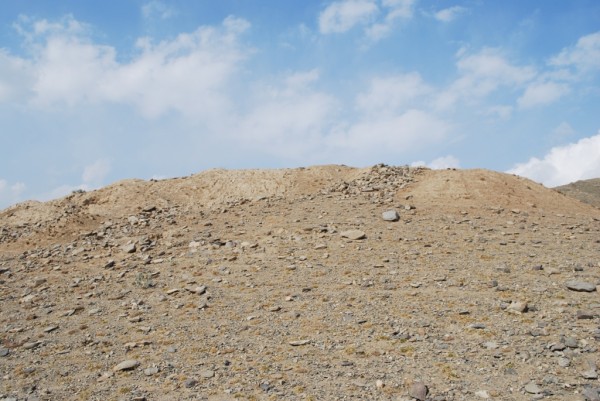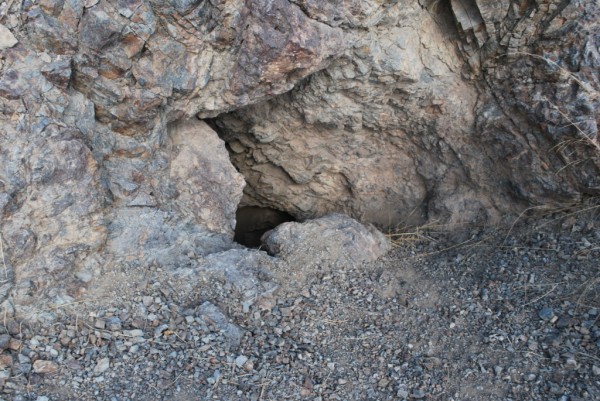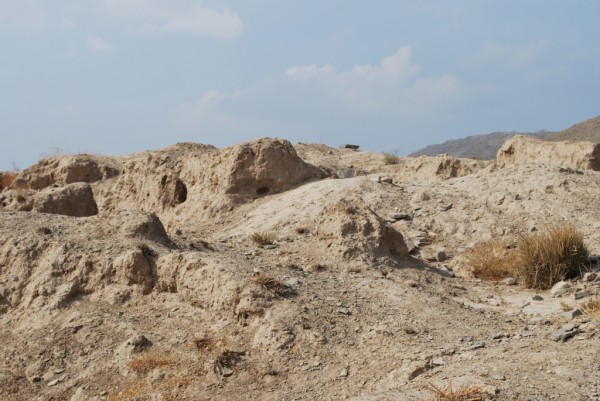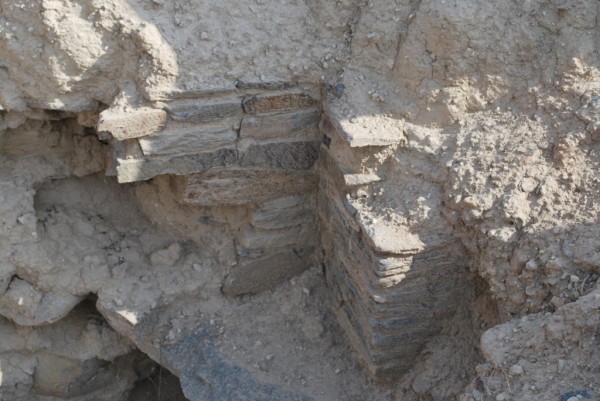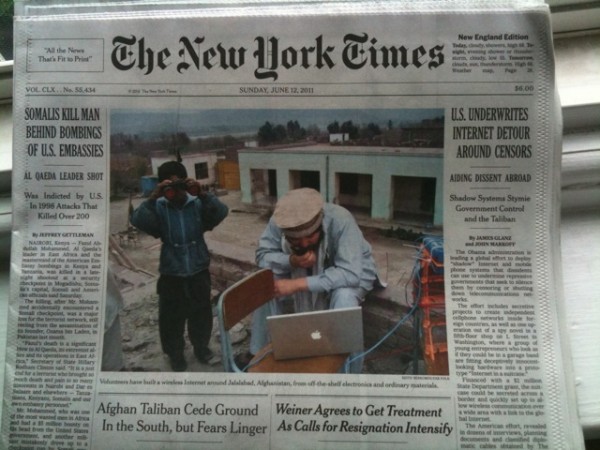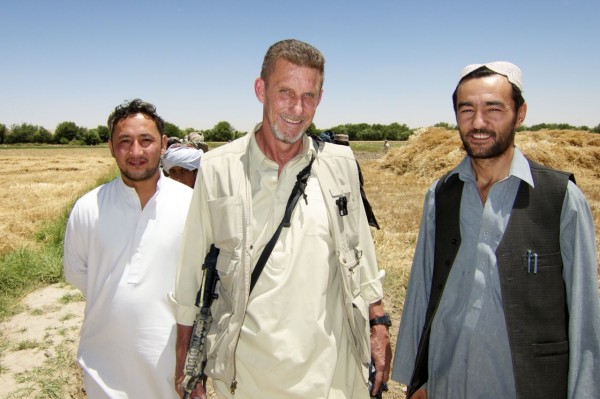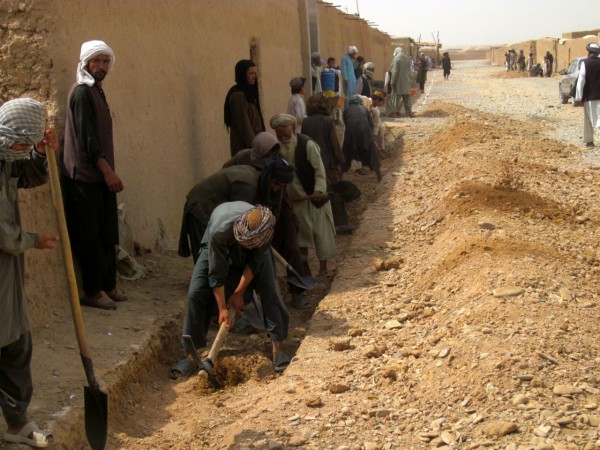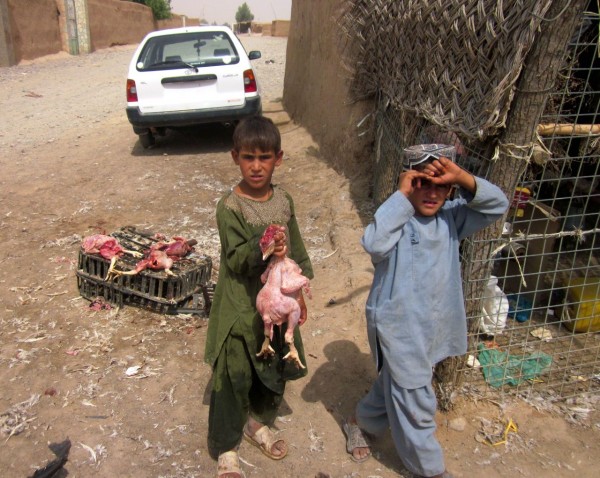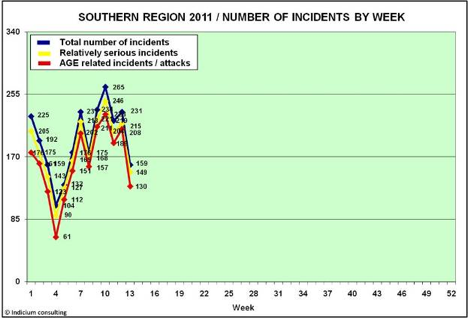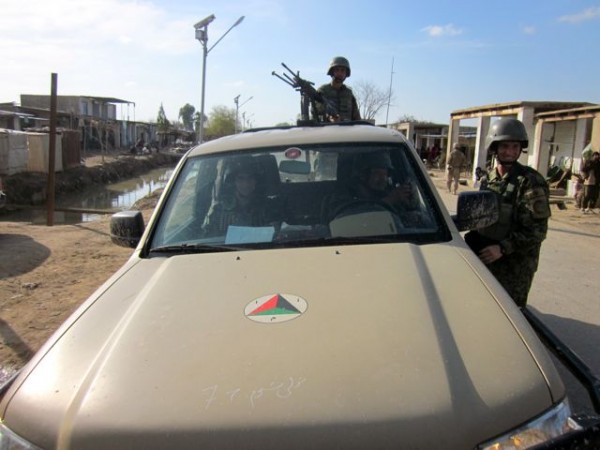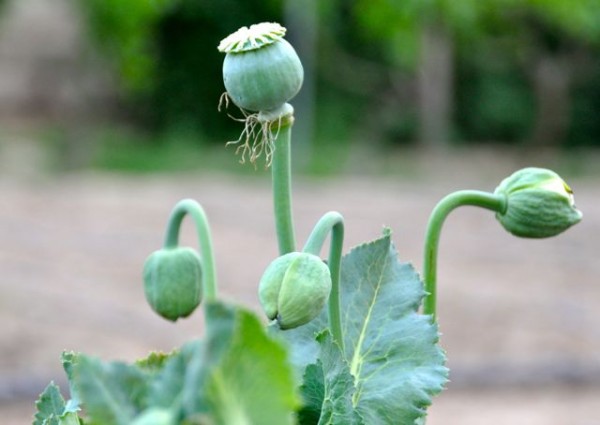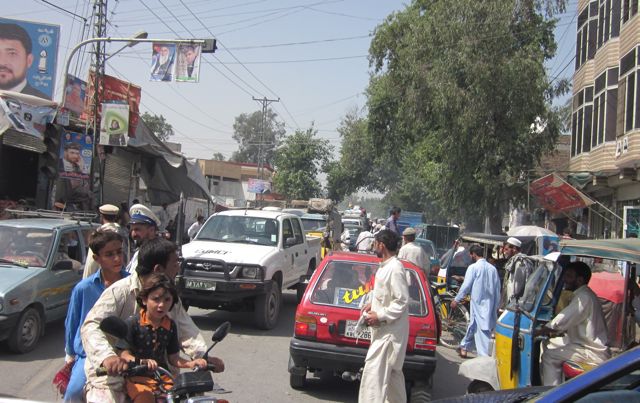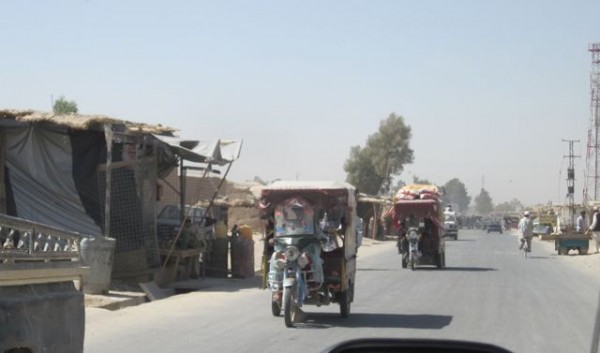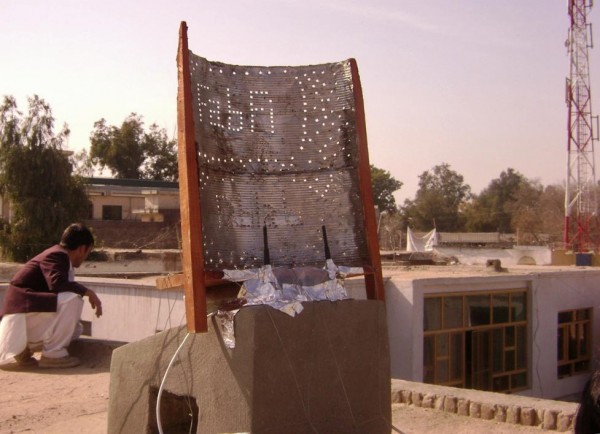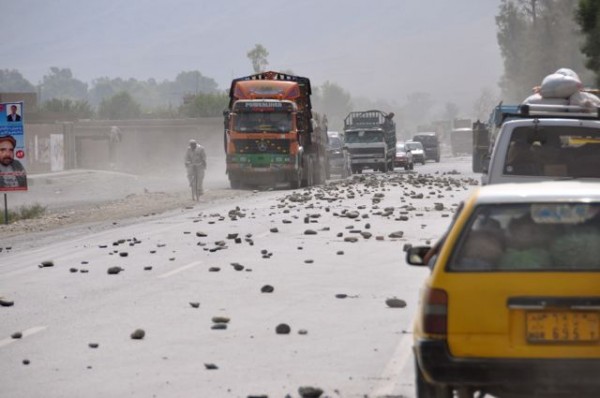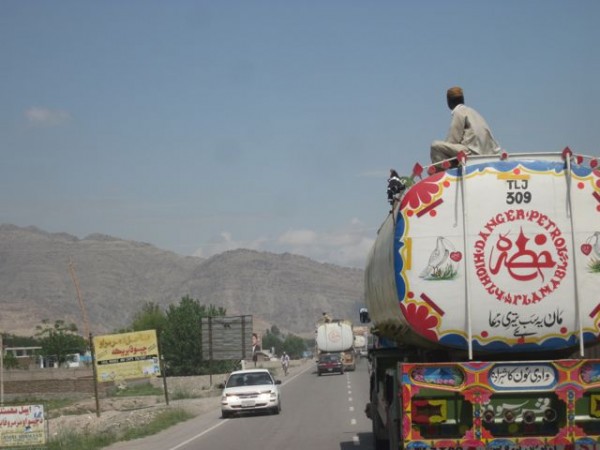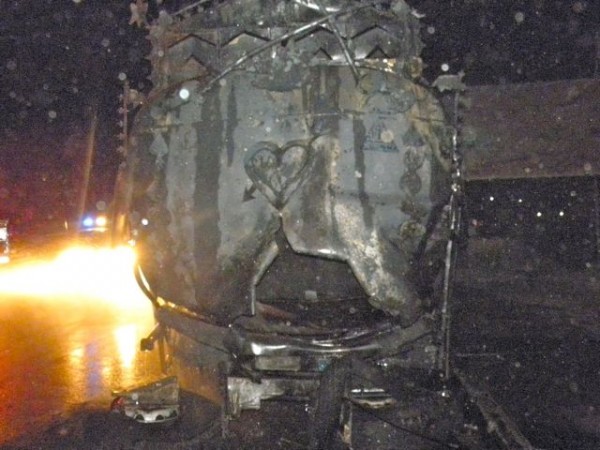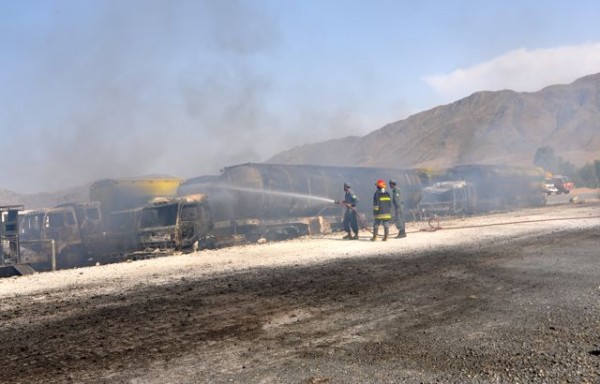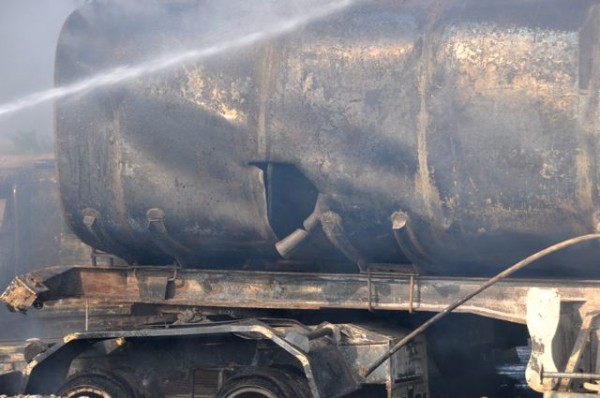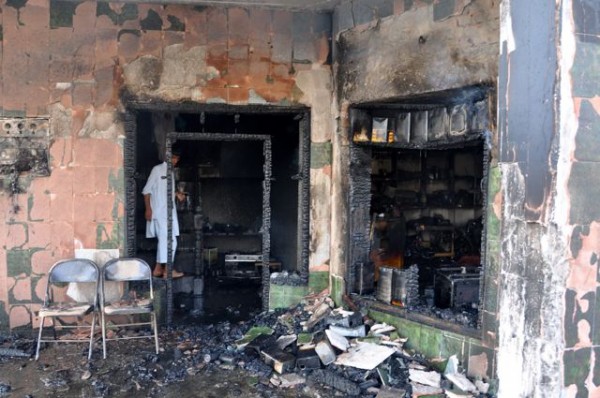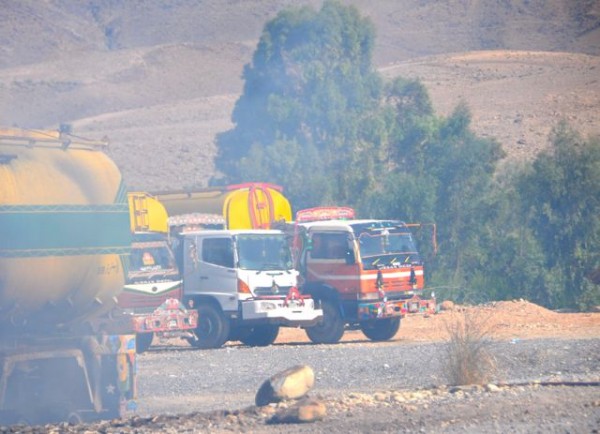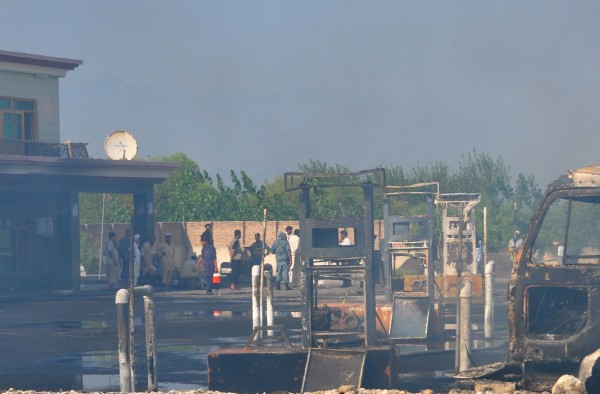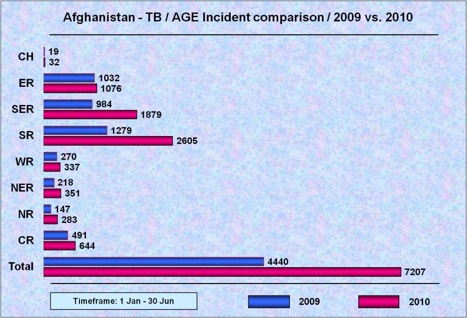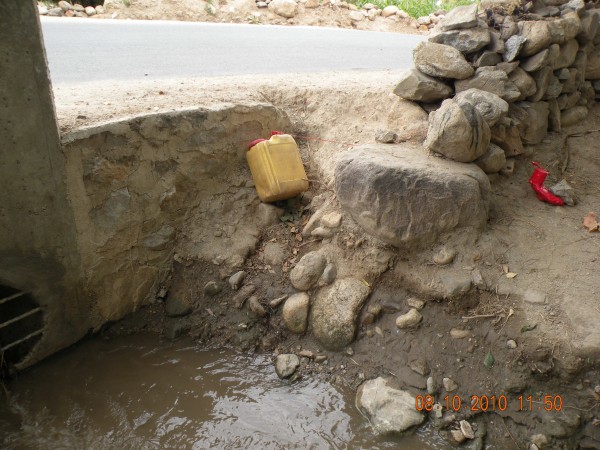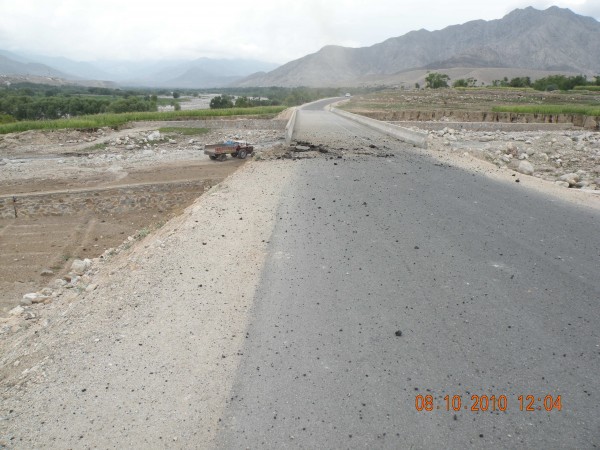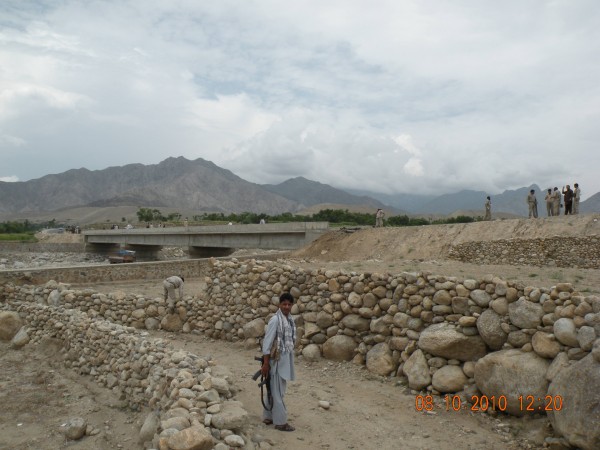I’m sitting on my deck drinking coffee as the sun comes up. The sky is softening, and all the variations of reddish yellow (I can’t see them all with my red/green colorblindness, but can sense they are there) start creeping up from the dark horizon. A song is stuck in my head, and I hear it clearly: String Cheese Incident singing Arleen, not just any version of that song but the one they recorded live with the Dirty Dozen Brass Band.

The song annoys me, and I try to clear my mind when the music suddenly stops. I’m hyper-alert; I remember this feeling and immediately flash back to Afghanistan. The daydream starts again, but now I’m considering the Afghan version of Baba Tim. What is he looking at when the sun comes up? What is he thinking about? The Afghan version of me would not have a String Cheese Incident song trapped inside his head, so what would be stuck there on a beautiful early morning?
The answer flows into my consciousness without effort. As I look at the clouds building above the calm canals of Padre Island, I see an ancient fortress. This is not the famous Fighters Fortress of Mazar-e Sharif, the ancient Ghazni fortress, or the one built by Alexander the Great in Farah. The fortress the clouds are forming is the Boost Fortress in Lashkar Gah.
Lashkar Gah is the capital of Helmand Province and a town I know well, having lived there for over a year in 2010. Lashkar (soldier) Gah (fort) is an old military town occupied since the 11th century. It now houses over half a million refugees who have fled the encroaching Taliban. There is only a brigade of ANA soldiers in Lashkar Gah, and 100 American soldiers have just reinforced them. The Afghan version of Tim Lynch would focus on these men.

The Americans are trying to create depth to the ANA defense, and they are headquartered just down the road from the fort (the old Brit PRT base) on flat open terrain now surrounded by new housing built by the USAID and occupied by Taliban sympathizers. They will not be able to land helicopters at the base when we strike and will need to move to the Boost airport, miles of heavily populated neighborhoods away, to get to fixed-wing airplanes. It is during this move, during which we will negotiate a cease-fire to facilitate, that we will kill every American.
The Afghan version of me would be in his late fifties; active and fit, free of arthritis, gout, and disease, which marks him as a landholder and tribal leader. Farmers don’t reach their fifties with the blessings of good health in the Helmand Province. I carry scars from gunshot wounds and shrapnel, which means I’m Taliban (when it is covenant to be so), and the scars combined with my good health mark me as a man who has the one attribute admired by all Afghans – consistent good luck.
My new mission, passed to me by the Quetta Shura when the Americans arrived, is to destroy (to a man) an American unit. At this stage in the war, nothing else matters. The puppet government in Kabul is a dead man walking, not legitimate in the eyes of Afghans and, more importantly, not feared by the people. The central government is no longer a threat to the success of our movement.
I know the Americans have often met with senior Marine officers; I even have a picture with Senators John McCain and Lindsey Graham. When I met them, I smiled and thanked them for doing whatever they thought they were doing in Marjah. But I thought the two soft, fat, uninformed senators were not serious men. Politicians are the same regardless of land of origin; they are, in their hearts, cowards who demand others do the work while they amass personal wealth despite their limited government income. The Marines were a problem, but one of limited duration. We knew the day they arrived exactly what day they would be leaving, thanks to the African man who is the President of that land. After losing too many Mujahideen to the Marines early on, we decided to wait them out with IEDs and long-range fires.
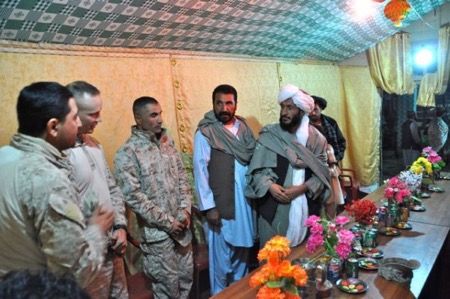
I am in my family compound, looking at the old Boost Fort as the sun rises, and I don’t have Widespread Panic songs locked inside my head. My mind is free of clutter and as clear as my mission.
I have many sons and three wives. My oldest son is a Taliban commander, and the next oldest is a captain in the Afghan army. Three of the younger boys are in Quetta at the madrasa, and my four youngest boys are squatting in the shade next to me, watching quietly. Afghan children do not initiate conversations with their elders, they aren’t loud, they don’t fidget, they don’t argue – they obey just as Allah would wish. Once I get confirmation of today’s American deployment, the boys will each be given a position where they will spend the day. They will get the Americans to feed them and give them bottled water if they are skillful. If they aren’t, they’ll go hungry. As their father, I couldn’t care less. The smart ones will grow true and strong, the weak or stupid ones will perish young. Allah decides that, not me.
My boys will be questioned closely when they return. How are the Americans acting? Are they jittery, unsure of their Afghan partners? Do they have the same confidence those damn Marines had when they were here or do they look more like the British? I know the answers to these questions already, but reconnaissance is continuous, as any change in the demeanor of the Americans would be significant. At this point, they are scared, unsure of their new allies and the civilians surrounding them. The smell of fear is strong when near an American position.
Soon my oldest will join me with the specialists we need from Quetta. Combat multipliers are what the Americans would call them but we call them Russians as they are from the former Soviet Union and are expert snipers and demolition men. The Mujahedin from Musa Qala and Sangin are arriving daily and with them the one item I cannot have enough of; 82mm mortar rounds.
Every police checkpoint attacked at night is a cover for smuggling mortar rounds into the city. While the puppet government soldiers and police fight off small probing attacks, our boats (manned by small boys so the American planes will not attack them) move back and forth across the Helmand River, bringing more mortar rounds. Survey teams from Quetta have spent the last fortnight establishing mortar firing positions. With firing tables and their computers, they have even locked in the elevation and deflection readings for the mortar crews. We Afghans can do shock and awe, too. When the mortars start opening up from every quadrant in the city, the Americans will be shocked. The awe will come when they realize they cannot use their planes or drones but will have to fight like men.
This evening, my boys, as will the others I have deployed over the city, will be back. My commanders and I will gather their information, adjust our plans, and wait for Allah. When Allah sends a sandstorm or a rainstorm or any storm that grounds the infidels’ aircraft, we will strike, and by the time the Americans respond with their planes, we will be among the people. Thousands of Mujahideen fighters surrounded by tens of thousands of civilians will make us immune to the American air power. We will have 100 American fish in our nets and kill them all. Unless there are women with them, they will be spared for use as entertainment for the Mujahideen. Then they will be destroyed.
If the Americans do not use their attack aircraft out of fear of killing civilians, I win. If they use their air power to destroy the attacking Mujahideen, they will kill thousands of women and children, so again, I win. Win/win – that’s the way of the Pashtun because if you are going to fight, you must win, or why bother fighting? If we capture an American officer, I will have to ask him this before he is beheaded. They have fought here for a decade with no chance of winning, and I wonder why they remain.
For now, we wait, watch, plan, and listen. Allah will give us the cover we need to strike. When all the mortar rounds are here, along with the Russians and the Mujahideen from the north, I will be one move away from checkmate. The Americans will not realize their peril because they play checkers; we play chess.
I am a 58-year-old Afghan, a 1,000-year-old Muslim, but a 6,000-year-old Pashtun. The Pashtun has one and only one way to deal with infidel invaders, and that is to isolate them and kill them to a man. It’s what we do.
